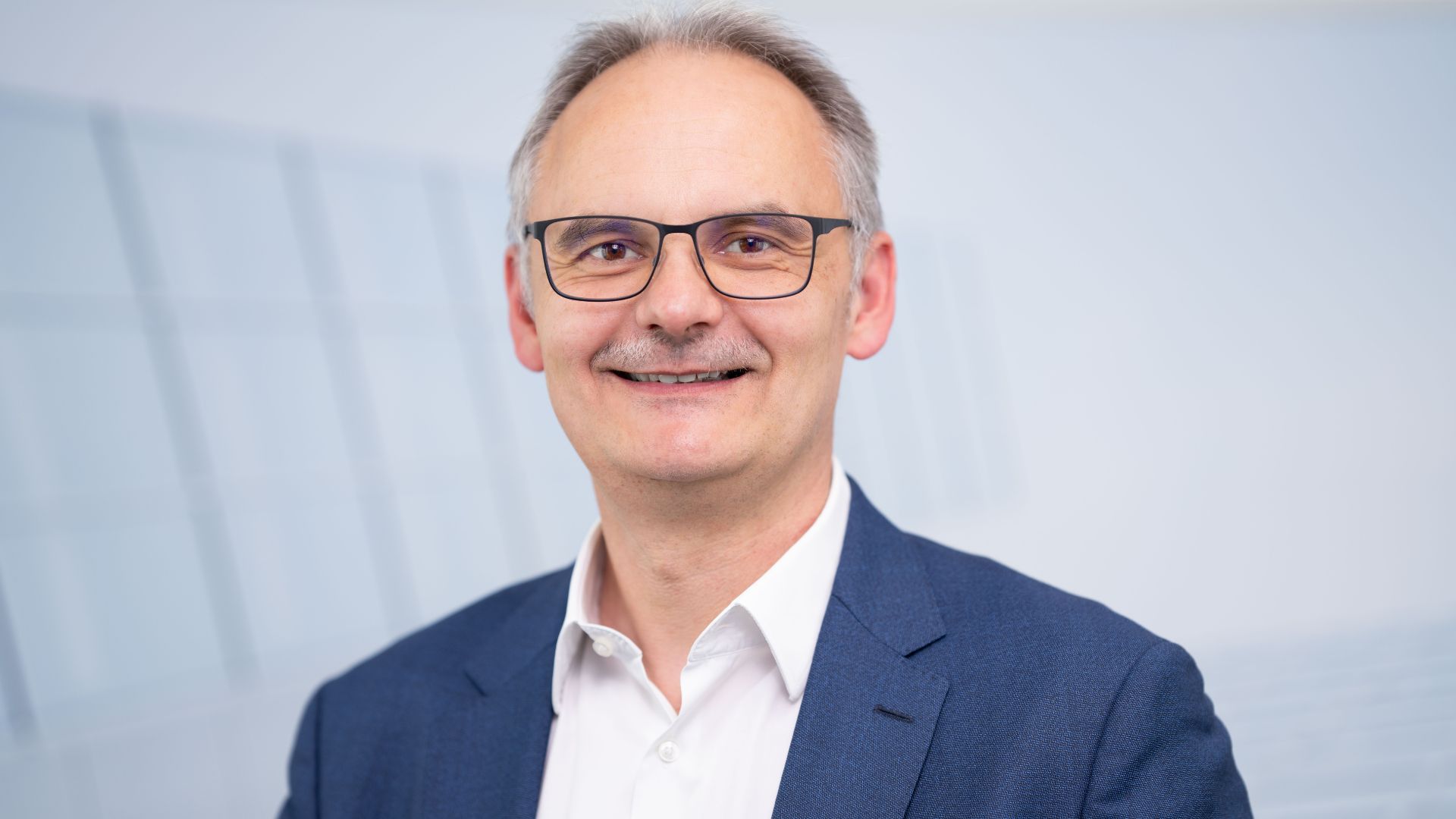How do people invest their money in times of Corona and what does the search for sustainability actually have to do with it? And who is actually driving the action?
In times of the pandemic, the Quirin Bank wanted to know, and in its study “Ever greener? What investors know, want and do”, they looked at sustainable investment. She wants to know: Has the percentage of investors interested in sustainable investments increased? The answer is yes!
Sustainability criteria are becoming increasingly important
Sustainability is a stable trend that is now very important in the financial sector. More and more people are making sure that their investments meet sustainability criteria and that investments are not made at the expense of the environment. The pandemic has not changed this – on the contrary.
In the partial shockdown between the end of October and mid-November, around 2,000 consumers with investment assets of at least 10,000 euros and 2,000 customers of the Berlin private bank who have invested 100,000 euros or more were surveyed.

Many companies have recognized the trend as a business model
The fact that the topic of sustainability is steadily moving further into the focus of investors is also demonstrated, among other things, by the start-ups of fintechs that want to convince investors with their offers for environmentally conscious, resource-saving and green investment opportunities. Banks like Tomorrow Bank, for example, think of the system the same way. The Hamburg-based company advertises right away with the ambiguous slogan “Banking shouldn’t cost the earth” and promises to invest exclusively in sustainable projects. With the four Eco banks Ethikbank, GLS Bank, Umweltbank and Triodos Bank other sustainable banks exist. So the theme is trending. Especially with the younger target group it meets with open ears.
Women are more open to sustainable investment opportunities
But no longer exclusively. Although investors under the age of 40 are also the driving force behind this trend, more and more customers beyond the age of 40 are also looking at sustainable investment opportunities. Every second customer of Quirin Bank stated that they would pay more attention to sustainability in the future. Remarkably, women are significantly more decisive, with 61 percent, than men, with only 45 percent. 41 percent of the representative investors surveyed would invest all their assets sustainably.

70 percent would invest sustainably(more) if there were a government subsidy. According to the study, this would increase the willingness to invest sustainably among two out of three people (65.6 percent). Among those under 40, the figure would be as high as 74 percent.
The older the group, the poorer their knowledge of investment opportunities. There is still a lot of need for clarification, because less than half of the respondents had already heard of sustainable ETFs, but all the more of direct investments in wind or photovoltaic parks as well as bonds and shares of individual sustainable companies. In doing so, the opportunity to invest money in a socially, equitably and sustainably way is increasing without becoming more expensive. Today, investing sustainably no longer has to be more expensive than a conventional strategy.
Conclusion:
The younger, the more young people are turning to sustainable investment opportunities. Women are particularly open to the topic of “green” investments. Many companies have recognized this trend. However, there is still great potential for education, as knowledge is lacking in alternatives.
Related to the topic: Social-ecological bank vs. classic bank – How “green banks” tick





